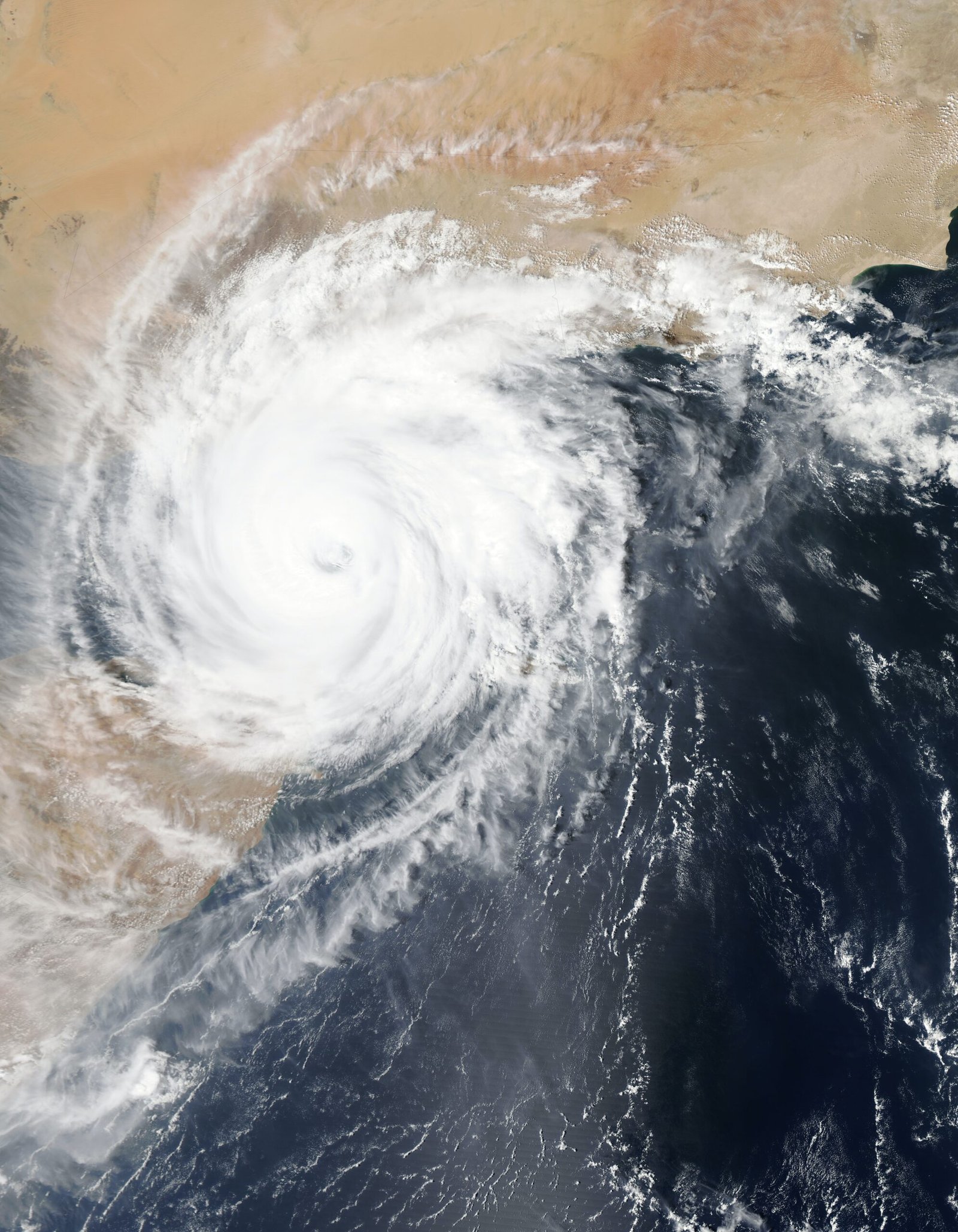Top 10 Ways to Prepare for Weather and Natural Disasters
Introduction:
When it comes to weather and natural disasters, being prepared is key. From winter storms to flooding and other extreme weather events, it is crucial to have a plan in place to protect yourself and your loved ones. In this blog post, we will discuss the top 10 ways to prepare for these unpredictable situations, along with the latest trends and news to keep you informed.
1. Stay Informed:
One of the most important steps in preparing for weather and natural disasters is to stay informed. Keep track of the latest weather forecasts and warnings for your area. Sign up for alerts from local authorities and download weather apps that provide real-time updates. This way, you can take necessary precautions well in advance.
2. Create an Emergency Kit:
Having an emergency kit ready can make a significant difference during a disaster. Include essentials such as non-perishable food, water, flashlights, batteries, a first aid kit, a battery-powered radio, and any necessary medications. Keep your emergency kit in a designated, easily accessible location.
3. Develop an Emergency Plan:
Prepare an emergency plan for your family or household. Discuss evacuation routes, meeting points, and communication strategies. Assign roles and responsibilities to each family member, ensuring everyone knows what to do in case of an emergency. Practice your plan regularly to ensure everyone is familiar with the procedures.
4. Secure Your Home:
Take measures to secure your home against potential damage. Install storm shutters or reinforce windows and doors to protect against high winds. Clear gutters and drains to prevent flooding. Trim trees and remove dead branches that could pose a risk during storms. Consider investing in a generator for backup power.
5. Review Insurance Coverage:
Review your insurance policies to ensure they adequately cover potential damages caused by weather and natural disasters. Understand what is included in your coverage and consider additional policies if necessary. Document your belongings and keep important documents in a waterproof and fireproof safe.
6. Prepare for Winter Storms:
Winter storms can bring heavy snowfall, freezing temperatures, and power outages. Stock up on extra blankets, warm clothing, and heating fuel. Insulate your home to conserve heat and prevent pipes from freezing. Keep an emergency supply of food and water in case you are unable to leave your home for an extended period.
7. Protect Against Flooding:
Flooding can cause significant damage to homes and properties. If you live in a flood-prone area, elevate your appliances and electrical systems. Install check valves to prevent water from backing up into drains. Create barriers using sandbags or other flood protection devices. Familiarize yourself with evacuation routes and have a plan in place.
8. Stay Safe During Heatwaves:
Heatwaves can be dangerous, especially for vulnerable individuals. Stay hydrated by drinking plenty of water and avoid prolonged exposure to extreme heat. Use fans or air conditioning to cool your home. Check on elderly neighbors or those who may be more susceptible to heat-related illnesses.
9. Be Prepared for Earthquakes:
If you live in an earthquake-prone area, secure heavy furniture and objects that could fall and cause injury. Create a safe space in your home where you can take cover during an earthquake. Have an emergency supply of food, water, and medical supplies that can sustain you for several days.
10. Practice Fire Safety:
Wildfires can spread rapidly, so it is essential to practice fire safety. Clear dry leaves and debris from around your property. Keep flammable materials away from your home. Create a defensible space by removing vegetation and maintaining a safe distance between trees and structures.
Conclusion:
Weather and natural disasters can be unpredictable and devastating. By following these top 10 ways to prepare, you can ensure the safety and well-being of yourself and your loved ones. Stay informed, create an emergency kit and plan, secure your home, review insurance coverage, and be prepared for specific weather events. Remember, being proactive and well-prepared can make all the difference in mitigating the impact of these events.
Call to Action:
Now that you are equipped with the knowledge to prepare for weather and natural disasters, share this blog post with others and encourage them to be prepared as well. Together, we can create resilient communities that can withstand and recover from these challenges.
FAQs:
Q: What should I include in my emergency kit?
A: Your emergency kit should include non-perishable food, water, flashlights, batteries, a first aid kit, a battery-powered radio, and any necessary medications.
Q: How often should I practice my emergency plan?
A: It is recommended to practice your emergency plan at least twice a year to ensure everyone is familiar with the procedures.
Q: How can I protect my home from flooding?
A: Elevate your appliances and electrical systems, install check valves, and create barriers using sandbags or flood protection devices.
Tips:
- Stay updated with the latest weather forecasts and warnings for your area.
- Regularly check and replenish your emergency kit.
- Review and update your insurance coverage annually.
- Stay informed about specific weather events that impact your region.
- Join local community preparedness programs to learn more about disaster management.









